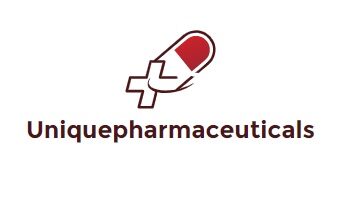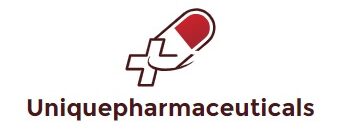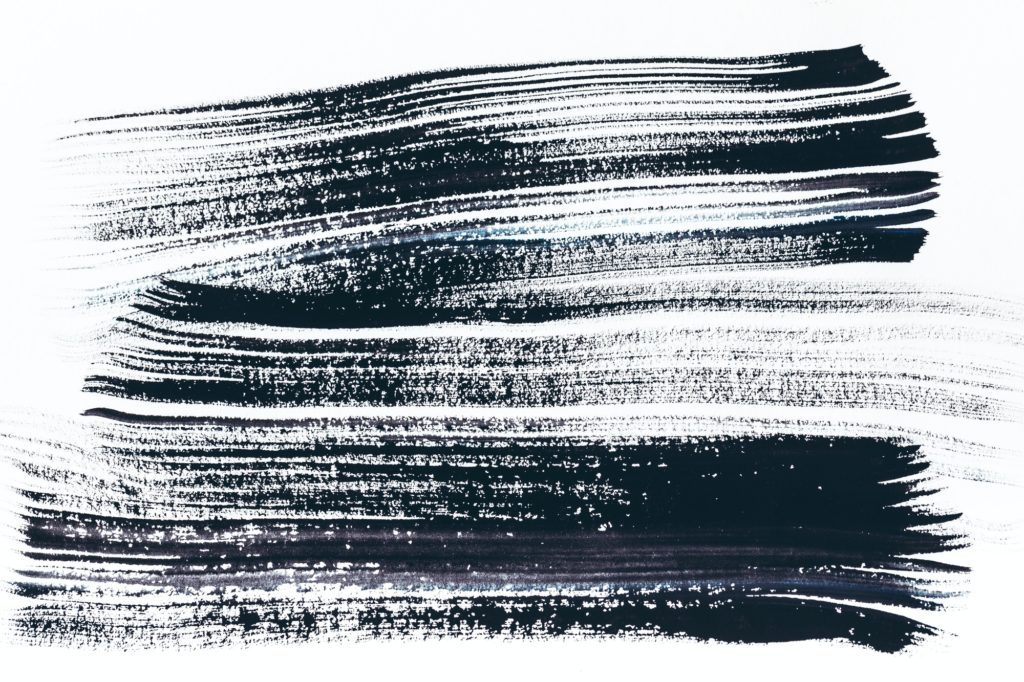A stroke is a major deadly medical condition that takes place when the blood supply to part of the brain is cut off.
Table of Contents
What is Stroke?
Strokes are a medical emergency situation and immediate treatment is necessary. The quicker an individual gets treatment for a stroke, the less damage is most likely to take place. If you believe that you or somebody else is having a stroke, phone 999 instantly and request for an ambulance.
Symptoms of a stroke
The primary signs of stroke can be kept in mind with the word FAST:
- Face: the face might have dropped on 1 side, the individual might not have the ability to smile, or their mouth or eye might have dropped.
- Arm: the individual with thought stroke might not have the ability to raise both arms and keep them there since of weak point or pins and needles in 1 arm.
- Speech: their speech might be slurred or garbled, or the individual might not have the ability to talk at all regardless of seeming awake; they might likewise have issues comprehending what you’re stating to them.
- Time: it’s time to call 999 instantly if you see any of these indications or signs.
Causes of a stroke
Like all organs, the brain requires the oxygen and nutrients supplied by blood to operate effectively. If the supply of blood is limited or stopped, brain cells start to pass away. This can cause brain injury, special needs and potentially death.
There are 2 primary reasons for strokes:
- ischaemic– where the blood supply is stopped because of a embolism, representing 85% of all cases
- haemorrhagic– where a damaged capillary providing the brain bursts
There’s likewise an associated condition called a short-term ischaemic attack (TIA), where the blood supply to the brain is briefly cut off. This triggers what’s called a mini-stroke. It can last a couple of minutes or continue approximately 24 hr.
TIAs must be dealt with urgently, as they’re frequently a cautioning indication you’re at danger of having a complete stroke in the future. Seek medical suggestions as quickly as possible, even if your signs improve.
Certain conditions increase the danger of having a stroke, consisting of:
- hypertension (high blood pressure)
- high cholesterol
- irregular heart beats (atrial fibrillation)
- diabetes
Treating a stroke
Treatment depends upon the kind of stroke you have, consisting of which part of the brain was impacted and what triggered it.
Strokes are typically treated with medication. This consists of medications to avoid and liquify embolism, decrease high blood pressure and decrease cholesterol levels.
In some cases, treatments might be needed to eliminate embolism. Surgery might likewise be needed to deal with brain swelling and decrease the danger of more bleeding if this was the reason for your stroke.
Recovering from a stroke
People who endure a stroke are frequently entrusted to long-lasting issues brought on by injury to their brain.
- Some individuals require an extended period of rehab prior to they can recuperate their previous self-reliance, while numerous never ever totally recuperate and require continuous assistance after their stroke.
- Local authorities must offer totally free reablement services for anybody examined as requiring them.
- These services assist the individual recuperating from a stroke discover or relearn the abilities they require to live in your home individually.
- Some individuals will continue to require some kind of care or assist with their everyday activities. For example, a care employee might pertain to the individual’s house to assist with cleaning and dressing, or to offer friendship.
Read about:
- reablement services you might be entitled to
- care services in your house
- recuperating from a stroke
If you’re recuperating from a stroke or taking care of somebody who is, it might work to check out a guide to care and support. This is composed for individuals with care and assistance requirements, in addition to their carers and family members.
Get the influenza vaccine
Flu can be extremely severe if you have had a stroke. Ask for your totally free influenza jab at:
- your GP surgical treatment
- a regional drug store that has an influenza vaccine service
Information: Coronavirus suggestions
If you have had a stroke and you’re fretted about coronavirus, you can get suggestions about coronavirus and stroke from theStroke Association
Preventing a stroke
You can considerably decrease your danger of having a stroke by:
- consuming a healthy diet plan
- taking routine workout
- following the advised standards on alcohol consumption ( not consuming more than 14 systems a week)
- not smoking cigarettes
If you have a condition that increases your danger of a stroke, it is very important to handle it efficiently. For example, taking medication you have actually been recommended to lower hypertension or cholesterol levels.
If you have had a stroke or TIA in the past, these steps are especially crucial since your danger of having another stroke is significantly increased.
Stroke in kids
Stroke does not simply impact grownups. Every year around 400 kids in the UK have a stroke, according to theStroke Association
Social care and assistance guide
If you:
- require assist with everyday living since of health problem or special needs
- take care of somebody frequently since they’re ill, senior or handicapped (consisting of relative)
Our guide to care and support describes your alternatives and where you can get assistance.


